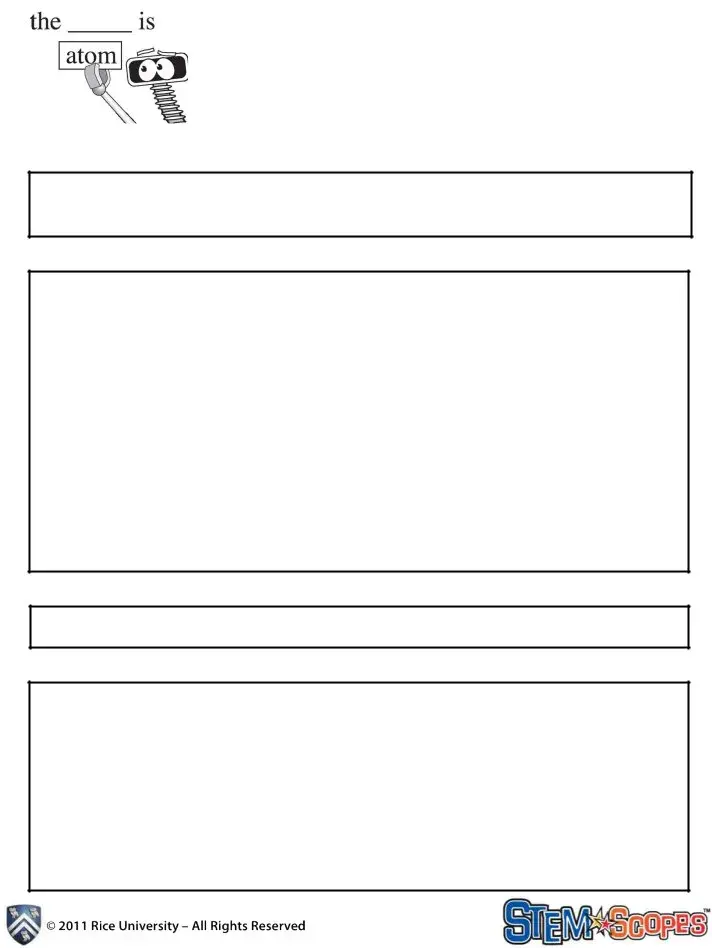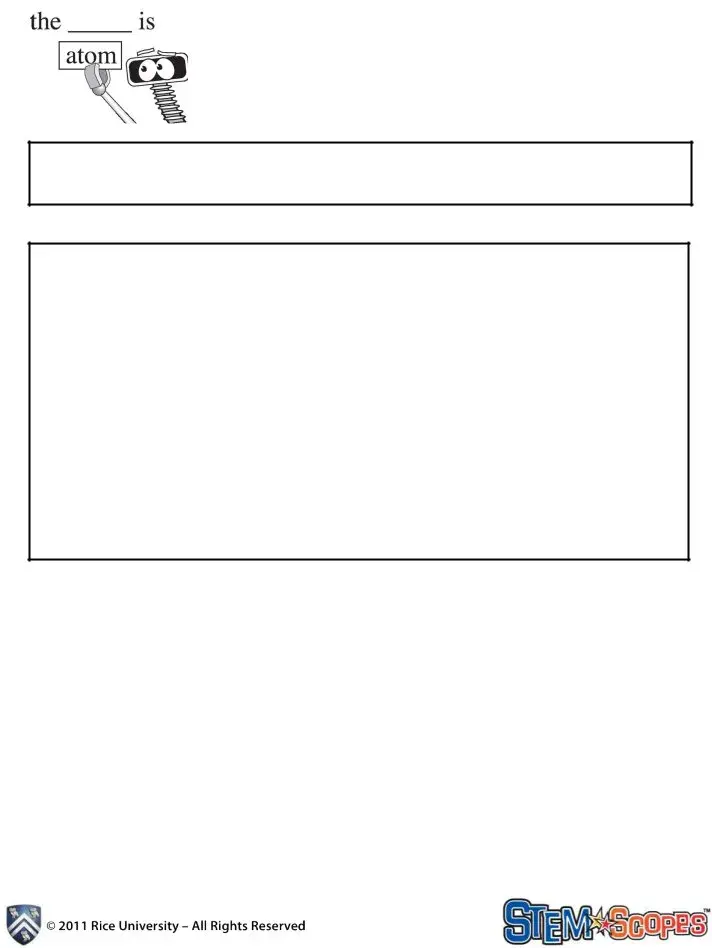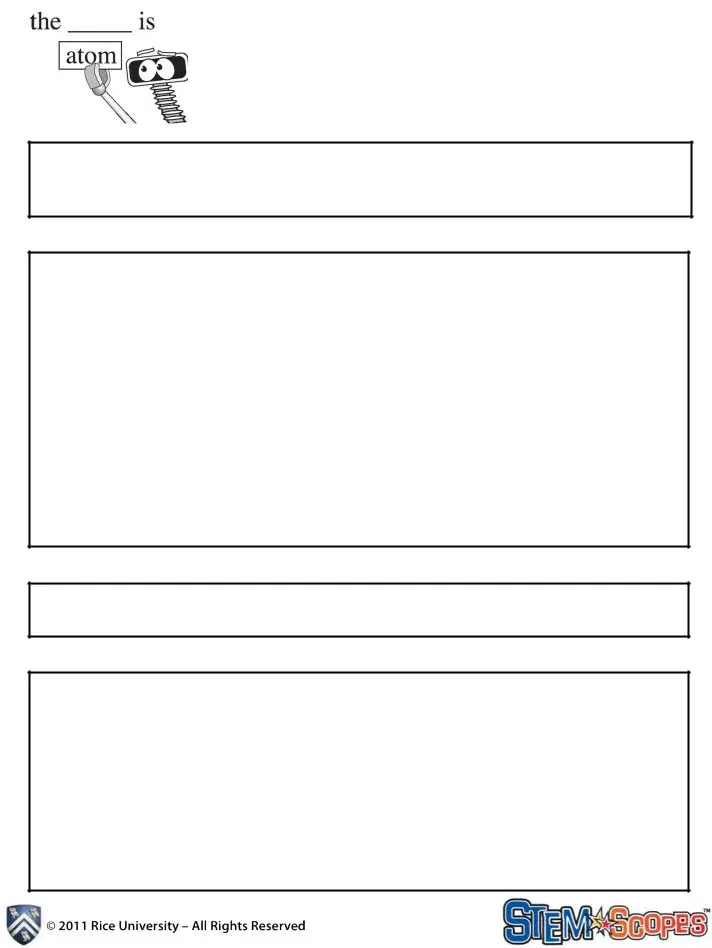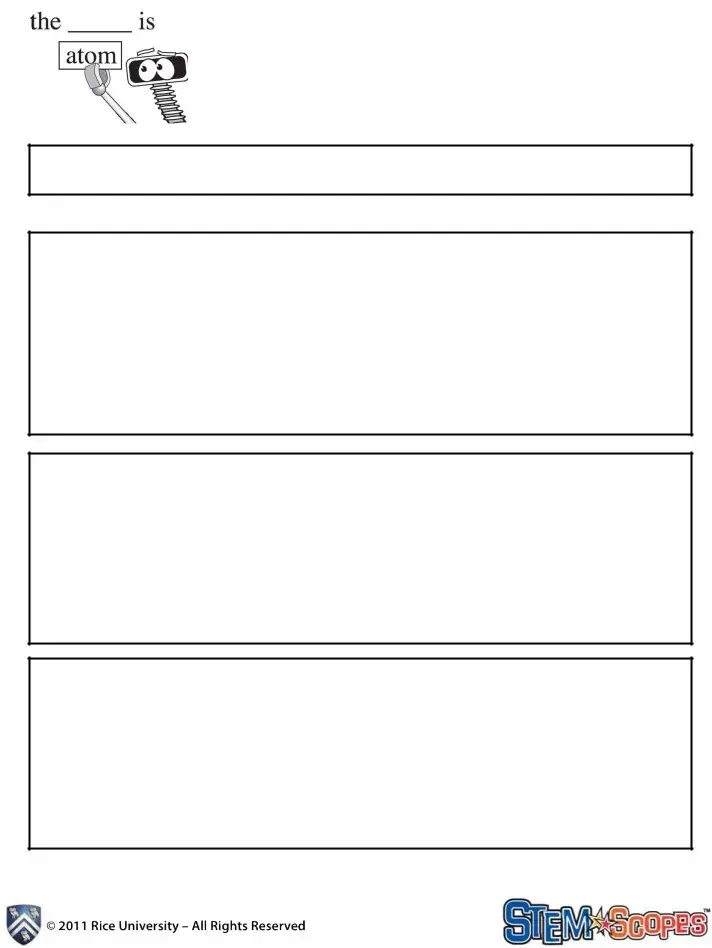Understanding the intricacies of electricity and its functions is fundamental for grasping how numerous devices in our everyday life operate. The CMS 100B form, "CLOZE-ING IN ON SCIENCE! 5.6B: Circuits and Electricity Force, Motion, and Energy," offers an immersive dive into the basics of electrical circuits, highlighting how electricity must flow through a closed path to function, and the consequences of interrupting this flow. It intricately details the transformation of electrical energy into various forms - light, heat, and sound - we rely on daily, from turning the lights on to enjoying a toasted slice of bread. Through interactive sections that encourage filling in blanks with appropriate terms, learners are prompted to consider the devices they frequently use, how these devices harness electricity, and to reflect on the importance of each form of energy in their lives. This thorough engagement with the foundational concepts of electricity not only enhances the learning experience but provides a comprehensive understanding of the pivotal role electricity plays in both the mundane and the remarkable aspects of our modern existence.
| Question | Answer |
|---|---|
| Form Name | Cms 100B |
| Form Length | 4 pages |
| Fillable? | No |
| Fillable fields | 0 |
| Avg. time to fill out | 1 min |
| Other names | cms 100b, cms employment application employment application, cms 100b promotional application, cms 100b application printable |

5.6B: Circuits and Electricity
Force, Motion, and Energy
Name: ______________________________ Date: ____________________________
Key Concept 1: Electricity ws in a closed path called a circuit and stops when the circuit is broken.
Passage
Electricity is a form of _________________ produced when electrons move
along a path. These electrons must travel along a ______________, or
complete circuit through a special material that ____________ electricity,
allowing it to w. If we cause a gap to form in this pathway the electricity will
______________, which prevents the _____________ or movement of current.
Think about all the devices at home and at school that use ________________.
When we turn the lights on and off, for example, using a _____________, we
cause the formation of a complete and incomplete circuit! Word Bank
switch |
ow |
conducts path stop |
electricity |
energy |
Illustration

5.6B: Circuits and Electricity
Force, Motion, and Energy
Key Concept 2: We can demonstrate that electricity can produce light,
heat, and sound when owing through a circuit
Passage
There are plenty of items we depend on and enjoy having that use electricity. This electricity is _______________, or transformed, into other
forms of energy in these devices. The television transforms electricity into ___________ energy since we can see the picture, and
____________ energy since we can hear it. When the toaster is turned
on, it produces ____________ energy since it toasts our bread. All of
these things only happen when the circuit is complete, which means electricity can ____________.
Word Bank
light |
ow |
sound |
changed |
thermal/heat |
Illustration |
|
|
|
|
|
|
|
|
|
|
|
|
|
|

5.6B: Circuits and Electricity
Force, Motion, and Energy
Key Concept 3: Many everyday devices use electricity to produce light,
heat, and sound.
Passage
Some devices, such as our doorbell, mainly produce ____________ energy
when they are operated. Other devices like lamps use electricity to produce_____________ energy since we can see the results in a dark room.
Are some of your favorite devices dependent on the use of electricity? If so, they are likely transforming electrical energy into other forms, such as
___________, __________, or _____________. Which is the most useful for
you? Do you prefer one form of energy over another? Think about the forms of energy you use each and every day.
Word Bank
light sound light heat sound
Illustration

5.6B: Circuits and Electricity
Force, Motion, and Energy
Answer Key
Electricity is a form of energy produced when electrons move along a path. These electrons must travel along a path, or complete circuit through a special material that conducts electricity, allowing it to ow. If we cause a gap to form in this pathway the electricity will stop, which prevents the ow or movement of current. Think about all the devices at home and at school that use electricity. When we turn the lights on and off, for example, using a switch, we cause the formation of a complete and incomplete circuit!
There are plenty of items we depend on and enjoy having that use electricity. This electricity is changed, or transformed, into other forms of energy in these devices. The television transforms electricity into light energy since we can see the picture, and sound energy since we can hear it. When the toaster is turned on, it produces thermal/heat energy since it toasts our bread. All of these things only happen when the circuit is complete, which means electricity can ow.
Some devices, such as our doorbell, mainly produce sound energy when they are operated. Other devices like lamps use electricity to produce light energy since we can see the results in a dark room. Are some of your favorite devices dependent on the use of electricity? If so, they are likely transforming electrical energy into other forms, such as heat, sound, or light. Which is the most useful for you? Do you prefer one form of energy over another? Think about the forms of energy you use each and every day.
